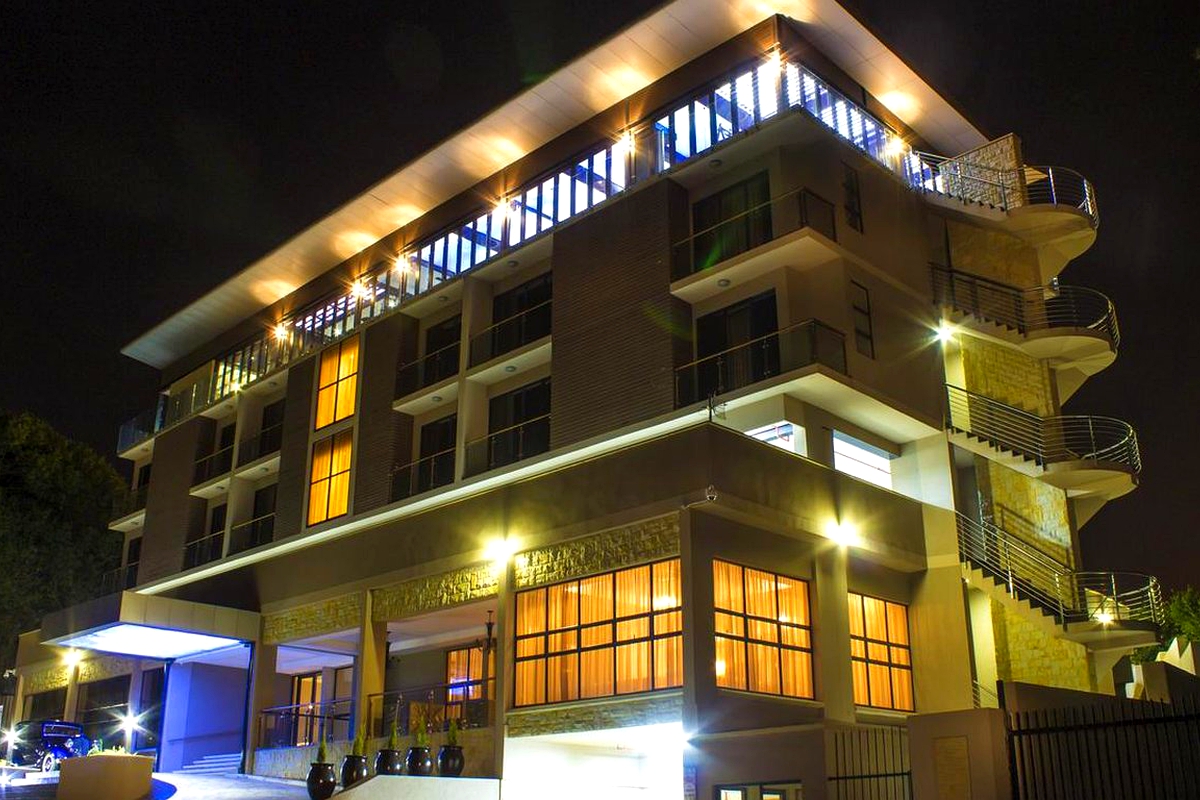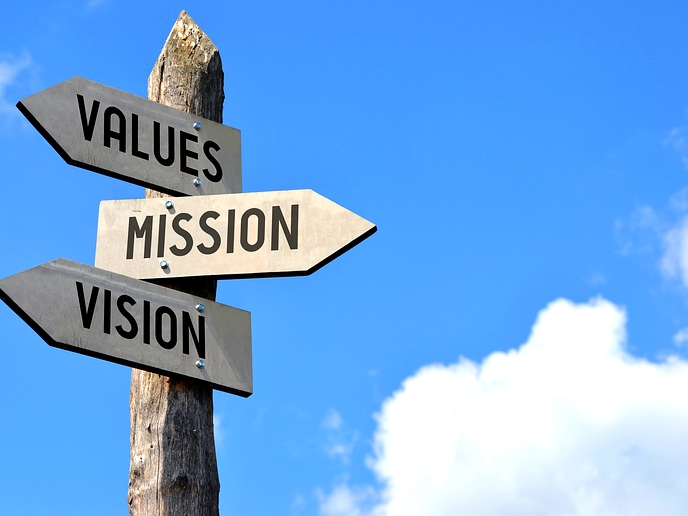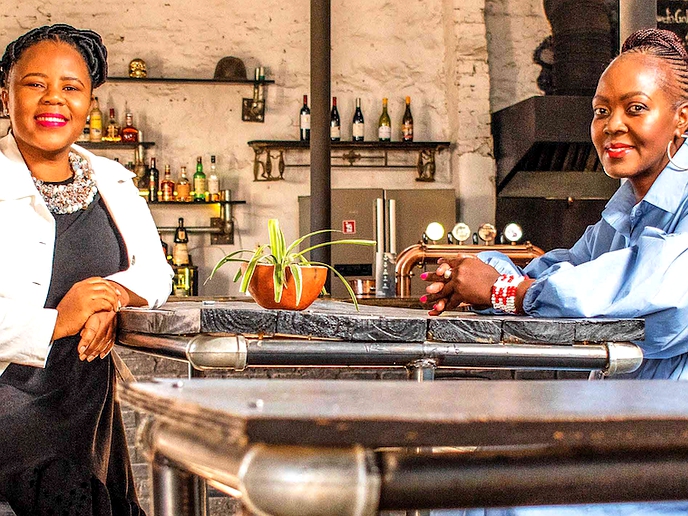The International Labour Organisation (ILO) has issued several policy briefs on COVID-19 in the context of the Future of Work discussions that were already being had by this body well before the pandemic befell the globe. When COVID-19 broke out, the ILO, like many international organisations, had to pivot and nimbly address this rapidly evolving scenario from a policy formulation perspective to serve its constituents.
comments
Aug. 13, 2020
Mothepa Ndumo
4 min read
How Do We Adjust Lesotho’s Economy to a Post-COVID-19 Reality? Part 2

Mpilo Hotel Maseru
The ILO is obviously not the only international organisation leading efforts to formulate and guide policy implementation around the globe, so it helps to read as widely as possible to get a general sense of where thought leadership efforts are headed.
Last week I focused on the tourism and hospitality sector and I propose to continue with that thematic exploration this week as well. Most efforts are now beginning to zone in on stimulating domestic tourism as part of economic recovery strategy. The reasons are obvious as outlined last week.
The question we now need to grapple with is, how do we stimulate a domestic tourism sector whose performance, before COVID-19, was quite underwhelming due to structural and regulatory factors? Do we even have a domestic tourism sector to speak of and draw from as we dialogue around this issue?
It is fair to say that our domestic tourism sector is still very much in its nascent stages and this presents a tremendous opportunity for us Basotho provided we shift our mindsets and see this as an opportunity to begin with.
It goes without saying that we need several enablers and chief among those would be a massive stimulus package from government targeting the relatively few existing establishments dotted around the country and new entrants into the sector. We have an unsettling graduate unemployment problem which we can solve, to a large extent, by formulating a set of policies and regulations informed by affirmative action principles in the domestic tourism sector.
Unemployed graduates must be supported with their interior capacity-building first through an intensive mindset shift programme. As they would tell you, they have been, “through the most.” Going through the most in your interior is a killer because you wrestle with thoughts, emotions, beliefs, and attitudes which can distort reality to a point where you can literally start hallucinating. Before throwing money at young people in a bid to stimulate their involvement in domestic tourism, heal their interiors first. Then, in the same intervention, impart hard skills that are needed for them to appreciate tourism and hospitality, drastically improve service levels, run the businesses in a fiscally disciplined manner and become whizzes at marketing.
Enjoy our daily newsletter from today
Access exclusive newsletters, along with previews of new media releases.
I would go further to propose that our government makes it a condition that our youth must establish consortia, duly registered via the Companies Act 2011, say in groups of 10 to 15, to get funding. Funding should only be granted once a solid business proposal, thoroughly vetted by a committee of local tourism and hospitality experts, has been greenlighted and is immediately implementable. The ILO’s Policy Brief on COVID-19 enjoins governments to stimulate the economy and employment by providing stimulus packages which will relieve existing enterprises and safeguard employment.
This begs the question, why then did Mpilo Boutique Hotel suspend operations when Basotho were told that M700 000 000 had been set aside for COVID-19 right at the onset of the lockdowns if I recall correctly?
Where is that money? What was it specifically earmarked for? How much has been spent thus far? Who is the chief accounting officer? Who does the chief accounting officer account to? The “command centre” swallowed up close to M25 000 000, a nice tidy sum which could easily have been used to save people’s lives and jobs. How this happens in Lesotho with nary a consequence is mind boggling.
The fact remains however, stimulus packages are needed and the processes around them must be transparent and fair.
Furthermore, our tourism and hospitality sector was still in its developmental stages well before COVID-19, meaning that there is a need for investment in infrastructure around the country.
A friend of mine suggested that Basotho find scenic spots on and off the beaten track and build camping facilities for corporates, schools, and family excursions.
A friend of mine suggested that Basotho find scenic spots on and off the beaten track and build camping facilities for corporates, schools, and family excursions. I would add that a measure of protectionism would have to unapologetically permeate the policy and regulatory framework governing these stimulus packages and the type of training broadly proposed above: Basotho first!
Already, our tourism and hospitality sector such as it is, is dominated by foreign capital. In and of itself, that is not a bad thing, but in a country facing the kinds of challenges that we are facing, it would be imprudent of us not to insist on owning this sector. Why would the owners of Lesotho Inc want to be elbowed out of their own country in key sectors with such vast potential?
Mothepa Ndumo is a Legal Academic at the National University of Lesotho, Industrial Sociologist and Certified Executive Coach. www. higherselfcoaching.org
Tailored for you






